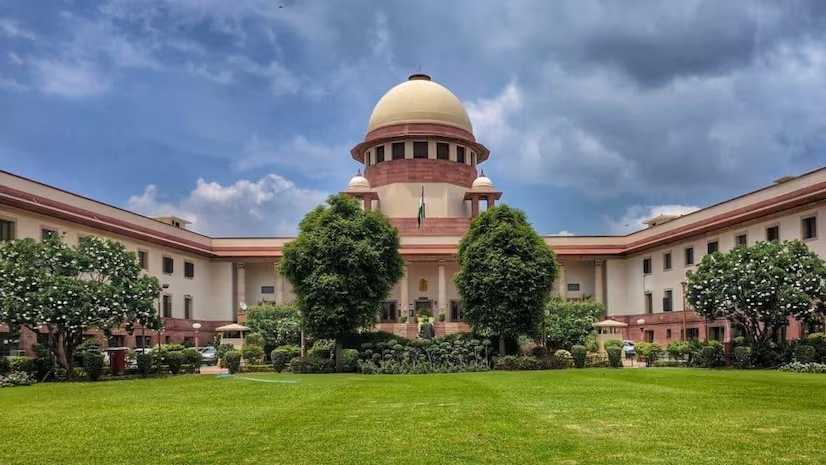Context:
Recently, the Supreme Court ruled that the denial of childcare leave to women violates their “constitutional rights” to participate in the workforce.
About the case:
- The case arose from a plea by an assistant professor at Government College, Nalagarh, alleging denial of leave to care for her child with a genetic condition by the Himachal Pradesh government.
- Himachal Pradesh state service regulations lack a provision similar to Section 43-C of the Central Civil Service (Leave) Rules.
- This section, amended in 2010, permits female employees to avail of childcare leave for up to 730 days until their disabled children reach 22 years of age.
What has the SC said in this issue?
- In a significant ruling, the Supreme Court declared that women employees have a constitutional right to two-year childcare leave, in addition to mandatory maternity leave of 6 months.
- The SC stressed that denying this leave effectively forces women to resign from their jobs.
- Emphasizing women’s workforce participation, the SC cited Article 15 of the Constitution and directed the state to align its policies accordingly.
- It mandated the formation of a committee to examine childcare leave for mothers, especially those with special needs children.
- Despite High Court denial of relief, the Supreme Court urged provision of childcare leave and permitted the Centre’s involvement in the proceedings of this case.
- In 2022, the Supreme Court interpreted Article 15(3) ruling that the refusal of childcare leave could be discriminatory.
- This acknowledgment of the importance of maternity and childcare in women’s lives led the court to direct the government to establish a committee for reviewing childcare leave policies.
About Article 15:
- Article 15 of the Indian Constitution prohibits discrimination on grounds of religion, race, caste, sex, or place of birth.
- It ensures equality before the law and prohibits any form of discrimination in public access to shops, public restaurants, hotels, and places of public entertainment.
- It also prohibits any form of discrimination in employment or the use of public resources.
About article 45:
- Article 45: Provision for early childhood care and education to children below the age of six years.
Maternity Benefits Acts in India:
Maternity Benefit Act 1961
- Initially enacted to oversee the employment of women in specific establishments during the period before and after childbirth, and to grant maternity benefits and other entitlements.
- Initially applicable to factories, mines, and plantations.
- In 1973, extended to government-owned establishments and those employing individuals for performances.
- Employers are prohibited from hiring women in any establishment for six weeks following childbirth or miscarriage.
- The Act guarantees paid maternity leave, limited to a maximum of twelve weeks.
- To qualify for maternity benefits, a woman must have worked in the establishment for at least 160 days in the 12 months preceding her expected delivery date.
- Non-compliance with Act provisions could lead to a three-month imprisonment, with or without a fine.
Maternity Benefits (Amendment) Act 2017 introduced several following changes in the Maternity Benefit Act 1961: –
- It modified Section 5 to grant 26 weeks of paid leave after childbirth, exclusively for biological mothers.
- Section 5(4) was added to extend 12 weeks of maternity benefits to adoptive or surrogate mothers upon legal adoption of a child under three months.
- Additionally, Section 5(5) was included to permit women to work from home, provided their job nature allows, after utilizing maternity benefits.
- The Act mandates establishments with fifty or more employees to provide a creche facility, allowing four visits per day and rest intervals for women employees.
Way Forward
- The Supreme Court’s ruling underscores the need for inclusive workplace policies.
- Aligning state regulations with constitutional principles is crucial.
- Establishing committees to review and implement childcare leave policies across all states.
- Ensuring compliance with the Maternity Benefit Acts, to promote gender equality and workforce participation.
Also Read:
NCDC Data Reveals Surge in Typhoid, Dengue, Malaria, Scrub Typhus, and Influenza Cases

